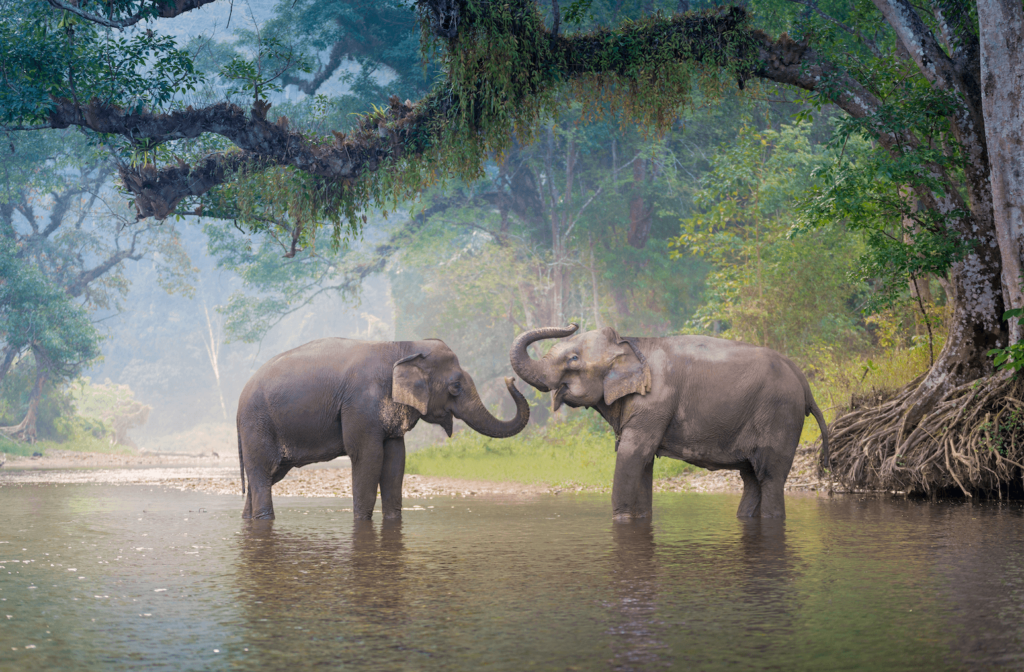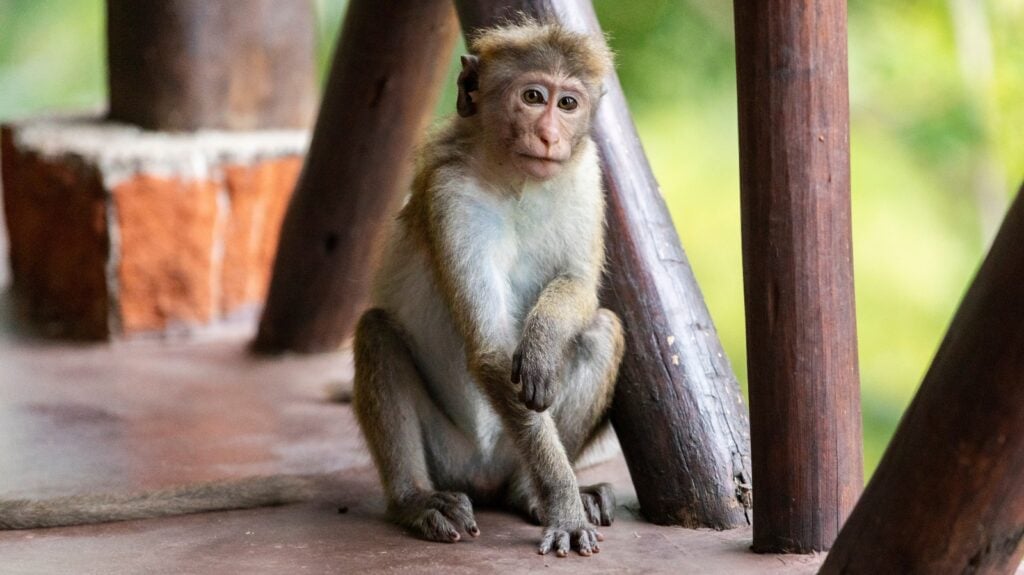A new investigation has uncovered abuse at several circuses and amusement parks in Vietnam.
Hong Kong-based animal rights nonprofit Animals Asia has released a new report stating that hundreds of animals are being exploited in these facilities, where they are housed in inadequate enclosures and exhibit stress-induced behaviours.
Animals were found underweight, rocking, self-harming, cowering, subjected to loud noises and bright lights, and forced to perform tricks.
The findings, published in Animals Asia’s Vietnam Circus Report, also state that endangered species—including Asiatic black bears, gibbons, Siamese crocodiles, and Asian elephants—are being kept in circuses and amusement parks, despite the fact that this is against Vietnamese law.
Macaques were the most common circus animal discovered by Animals Asia.
Wildlife trafficking
The report also highlights illegal wildlife trafficking concerns. Between 2008 and 2019, records show that 38 bottlenose dolphins were imported into Vietnam, 33 of which were caught from the wild in Japan.
During the investigation, only four facilities were found hosting dolphin circus shows. This means that several of the dolphins brought into the country previously have already died.
Vietnam isn’t alone. Around the world, a number of tourist attractions make money from abusing animals. In the US, for example, SeaWorld is under constant scrutiny regarding its treatment of orcas, dolphins, and other marine animals in its parks.
The country is also home to more than 3,000 roadside zoos. These are renowned for housing animals like tigers and chimpanzees in concrete enclosures and promoting dangerous interactions with customers.
Stopping animal exploitation in Vietnam

In Asia, thousands of animals live in zoos and parks, all with ranging standards of animal welfare.
Animals Asia acknowledges that the Vietnamese government is trying to crack down on facilities that exploit animals. Its last report on animal welfare in the country was in 2017. Since then, authorities have started to take action. But more needs to be done.
Dave Neale, the director of Animals Asia, said in a statement: “Since our last report in 2017, our public outreach campaigns, discussions with the authorities and managers of circus facilities, some of them have stopped operating, and many of them have stopped using animals in their shows. But we are still far from ending these performances for good.”
“We call upon the authorities in Vietnam to develop laws that protect animals. To give support to organisations that rescue and rehabilitate these animals, and the circus operators to diversify their business away from using animals,” Neale added.
“We appeal to the public not to support facilities that continue to abuse animals for entertainment.”






